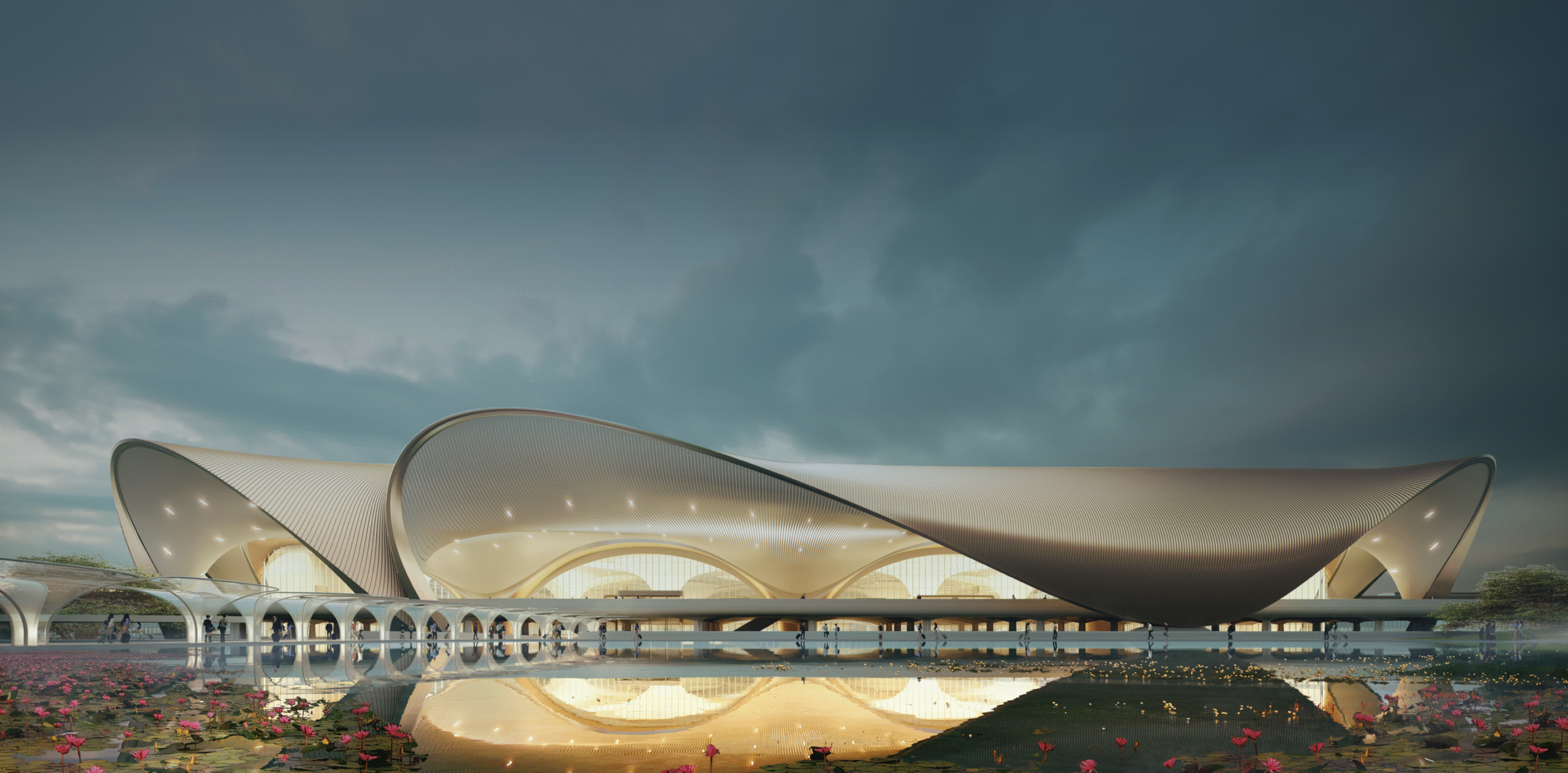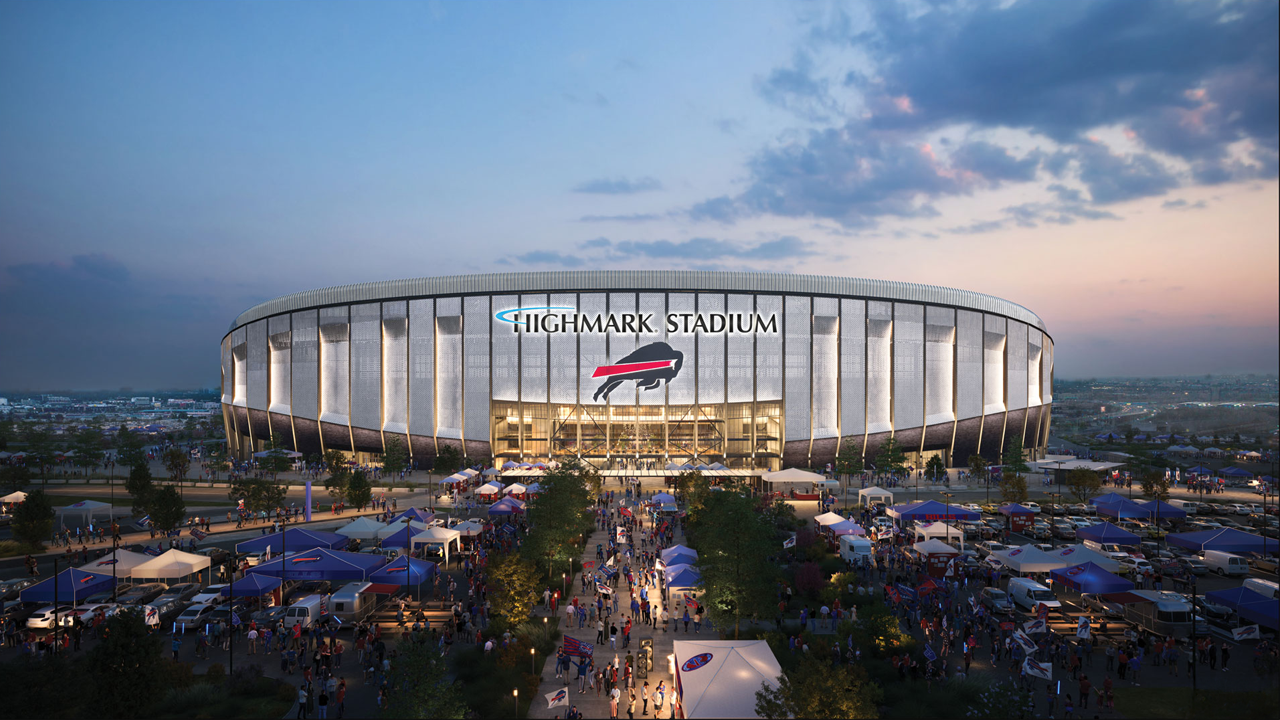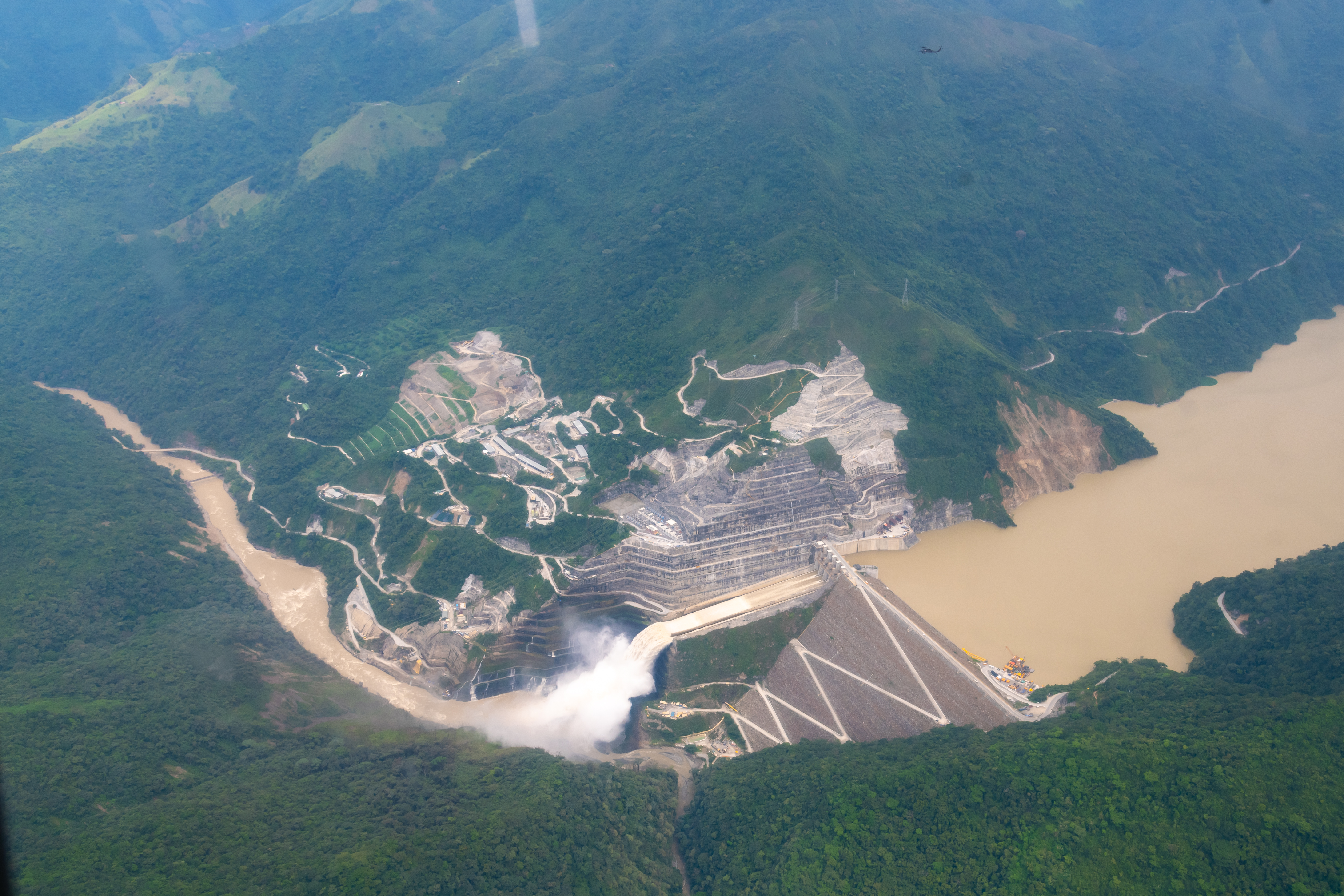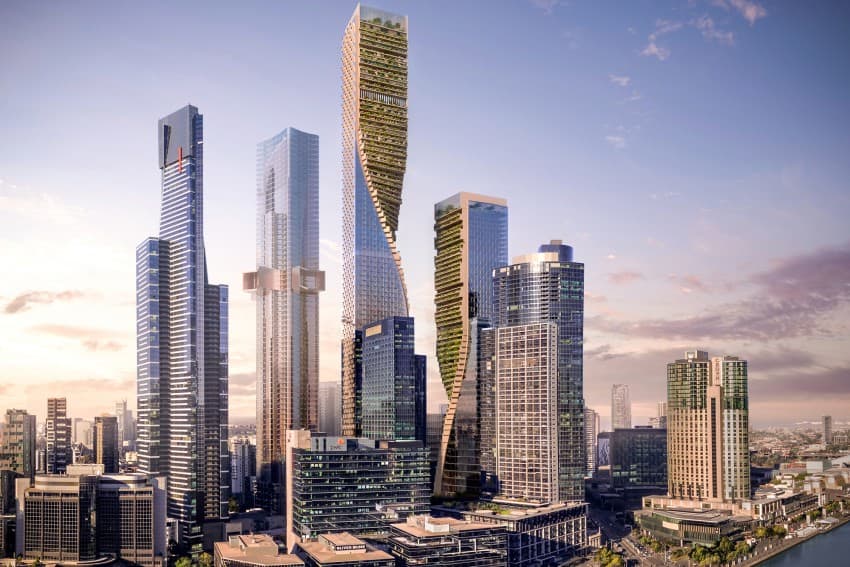
Governments are fast-tracking major projects to boost economies in the wake of COVID-19
GOVERNMENTS around the world have been accelerating major construction projects in an effort to counter the unprecedented global economic downturn.
In the United Kingdom (UK), High Speed 2 (HS2) has been granted “notice to proceed” allowing construction to commence after weeks of uncertainty.
One of Europe's largest infrastructure schemes, the railway is expected to provide a major economic boost and much-needed improvements to capacity and connectivity across the Midlands and North.
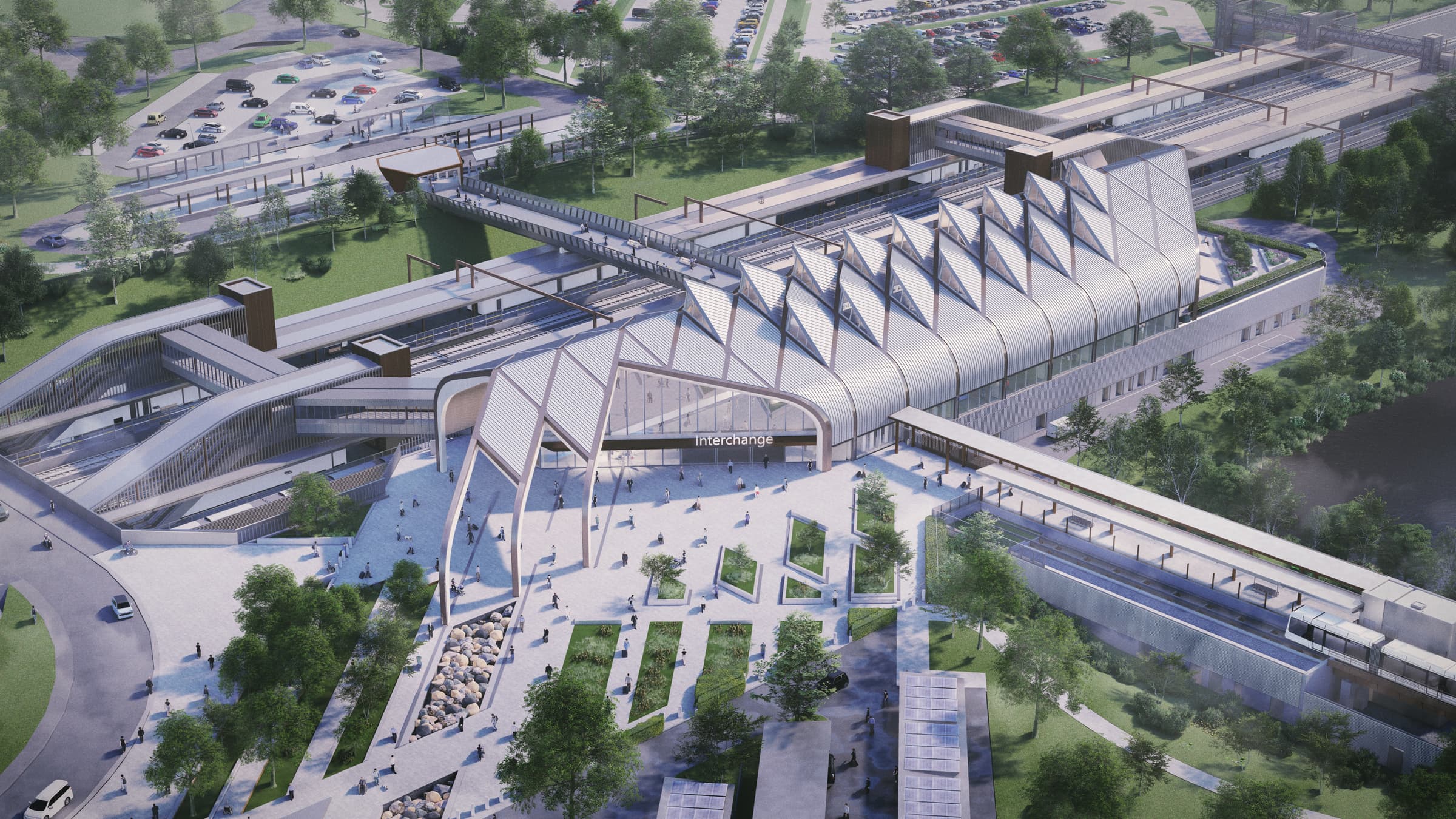
Above: HS2's Interchange Station is expected to become the first railway station in the world to achieve a BREEAM "Outstanding" certification (image courtesy of HS2 Media Centre).
On 30 June, British Prime Minister Boris Johnson also announced a massive overhaul of the country’s planning system.
Touted as the "most radical planning reforms in peacetime," the new regulations will make it easier for developers to regenerate vacant or redundant buildings, and to construct new buildings in town centres.
In addition, commercial-use buildings will now be able to convert to residential-use more easily.
Despite the UK government's desire to cut red tape, some fear that these fast-tracked approaches could reduce integrity in the planning process resulting in undesirable developments that do not address key concerns.
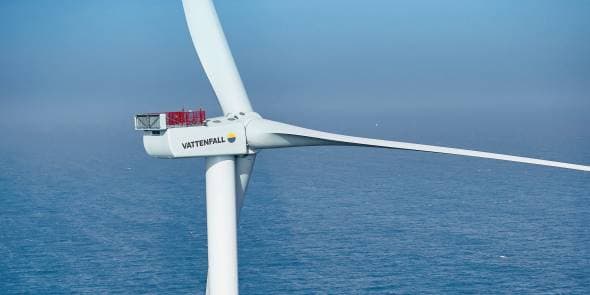
Above: Vattenfall's 1.8-gigawatt Norfolk Vanguard project has also been approved (image courtesy of Vattenfall).
The UK government has also committed to investing USD $800BN in infrastructure projects - including the construction and upgrade of schools, roads, courts and hospitals.
The Norfolk Vanguard wind farm is being accelerated as part of the plans and could
power 1.95 million homes a year once fully operational.
Many of the projects announced are expected to focus on sustainability as part of the UK government’s promise to “build back better” in the wake of COVID-19 and for the UK to reach net zero emissions by 2050.
Though undoubtedly welcome news for the construction sector, much of package - heralded by Johnson as a "new deal" - is formed from projects that had already been announced and which are now merely being fast-tracked, and critics argue that the government's spending plans don't go far enough.

Above: The Victoria Cross Metro Station tower (image courtesy of Sydney Metro).
In Australia, 19 state-significant projects worth USD $4.7BN have been approved by the New South Wales (NSW) government - including the USD $830M Victoria Cross metro station in North Sydney.
Premier Gladys Berejiklian hopes these schemes will stimulate the construction sector and assist in the economic recovery.
The Australian state of Victoria has also approved a slate of high-profile construction projects, including what will become the country’s next tallest building “The Green Spine”.
The 101-storey, 356-metre-high tower is expected to become a new architectural landmark for the city of Melbourne.
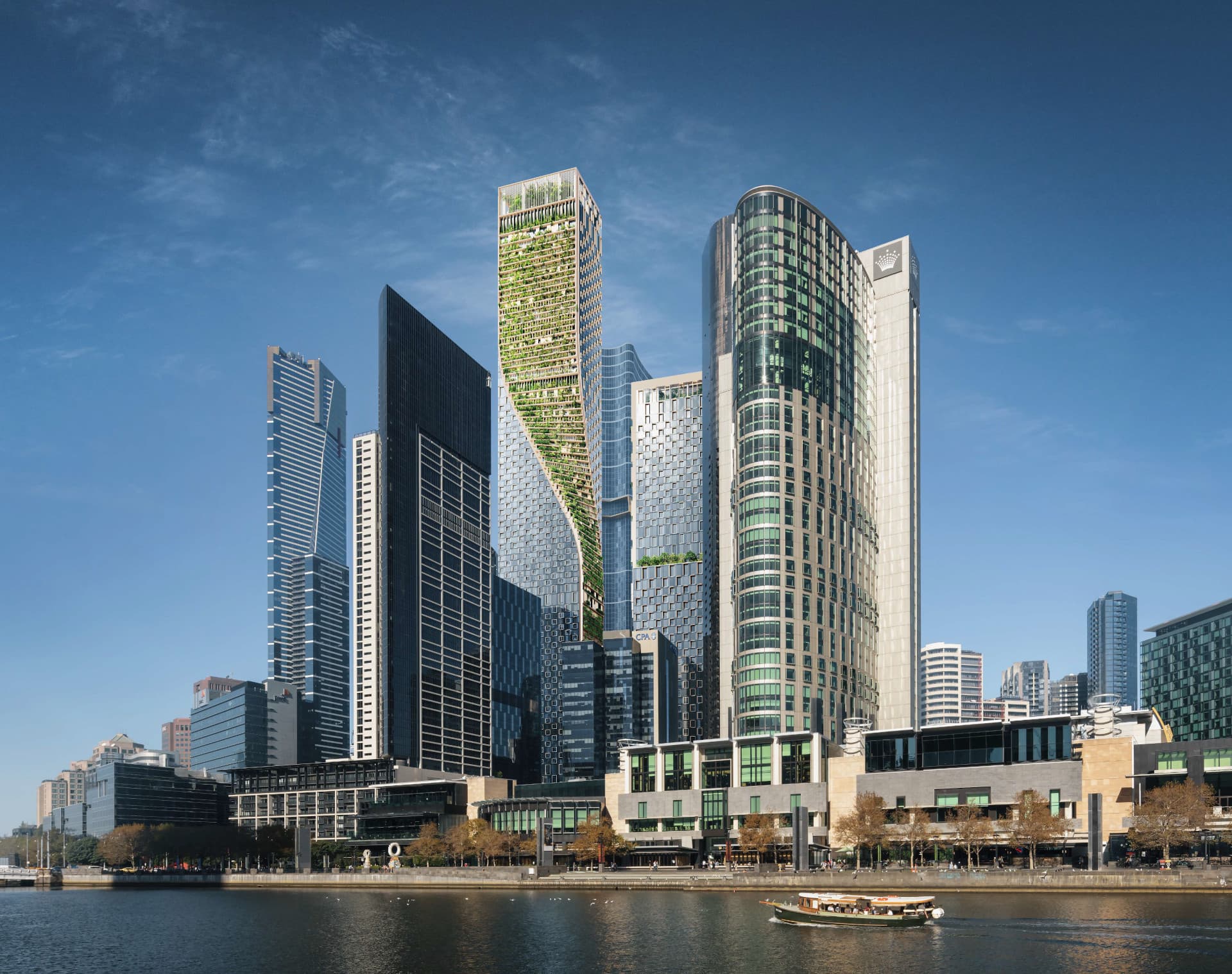
Above: Australia's next tallest building has been approved in a bid to jumpstart the economy (image courtesy of UNStudio).
In Africa meanwhile, a number of high profile infrastructure projects have been granted approval, though not directly in response to the economic downturn triggered by COVID-19.
They include a USD $376M new railway in Uganda, linking the cities of Malaba and Kampala. Partially funded by the European Union, the railway will eventually stretch for 1,724 kilometres.
The Chinese government has also approved USD $5.3 BN for the construction of several new railway lines in Nigeria, which will provide much needed infrastructure to and from the continent’s largest city, Lagos.
While these schemes were already on the table, the pandemic highlighted an extreme need for fully operational rail networks on the continent and with a desperate need for economic stimulus, they have now been given greater impetus.

Above: The USD $1.3BN Winthrop Center tower in Boston has removed luxury condos from their plans (image courtesy of Millennium Partners).
Despite still grappling with the health crisis and facing a sharp economic downturn, the opportunity to kick-start the United States' economy with much-needed spending on its crumbling infrastructure is likely to be missed.
The country has endured a long-running debate about the federal government’s role in the construction sector and whether more needs to be done.
Many infrastructure projects including roads, hospitals and airports - and also schools - have suffered because their source of funding (specifically
from taxes on gas, tolls and airfares) has dried up.
Major construction projects are facing worker layoffs and a shrinking market. The high-profile Winthrop Center tower in Boston - currently partway through construction - will no longer include its top floors. The uppermost levels had originally slated for luxury condos.
